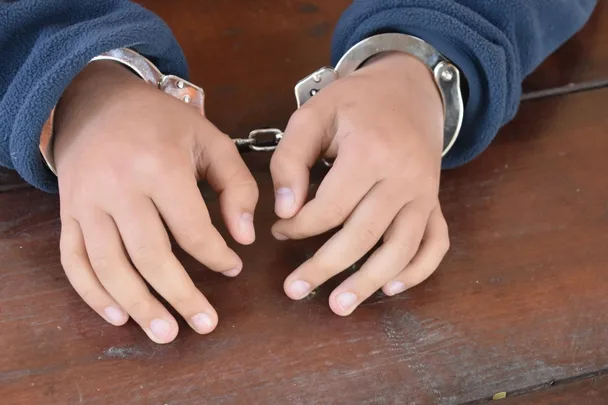In 2021, Australia watched on as NSW authorities prosecuted an 11-year-old child for theft and put hundreds of other children behind bars for various crimes (including three 10-year-olds). According to findings at NSW Budget Estimates 2021/22, 172 children were in detention as of the 28th October 2021, 44% of whom are Aboriginal. Currently, 65% of children in prison under 14 years of age are Indigenous.
During the meeting, NSW Attorney-General Mark Speakman spoke about the potential consequences of raising the criminal age of responsibility to 12.
“There is no decision in principle by the government to raise the age or not to raise the age, we’re looking at what a model will look like … and will then make a decision,” he said in response to a question on the matter, before commenting that a lack of agreeance across states would make it difficult to create a unified policy. Queensland is arguing to keep the limit at 10, while the ACT is pushing for 14.
Greens MP David Shoebridge was vocal about the harm these disproportionate punishments are having on Australia’s vulnerable communities.
“These new numbers show why it is essential to raise the age. So many of these kids are First Nations kids and criminalising 10 and 11-year-olds is directly harming some of our most vulnerable communities,” he said.
Mr Speakman then went on to argue that the statistics of children placed in detention centres are low, with the higher numbers accounting for youths on remand, not behind bars.
“The numbers who are detained are extremely low and generally they are there on remand rather than having been sentenced,” he explained, before stating that there were typically only “four or five nights a year” during which a 10 or 11-year-old was in a NSW detention centre.
Despite this, the Royal Australasian College of Physicians (RACP) says that raising the age of criminal responsibility to 14-years is crucial in order to Close the Gap and ensure better health outcomes for Aboriginal and Torres Strait Islander people.
RACP President Professor John Wilson said in a statement:
“The 2021 Close the Gap report includes a call for governments to take preventative and rehabilitative approaches to child and adult incarceration. Reducing rates of juvenile incarceration is one of the obvious first steps. We must support Indigenous leadership and commit to working with them on issues affecting their communities. Accountability and action to Close the Gap must be delivered.”
RACP spokesperson and Aboriginal and Torres Strait Islander Health Committee Chair Professor Ngiare Brown spoke to the ongoing damage that early incarceration can have on an Indigenous young person.
“As the RACP has emphasised, along with other medical and First Nations experts, there is substantial evidence showing the detrimental and long term effects youth incarceration has on physical and psychological health and wellbeing.”
Rather than jump to incarceration, the report is calling for Attorney Generals to consider alternative approaches including earlier care, support and treatment options which will preserve human rights and hopefully, more just outcomes for the First Nations Youth community. It is hoped that continued advocacy and increased awareness will push the issue into the spotlight, encouraging critical reform and address the significant disadvantages experience by Australia’s Indigenous community.
You can read the full Close The Gap report here.










